Research Report: 2023
▼ Choose a report:

Powered by Research & Graduate Studies

Powered by Arts and Social Science
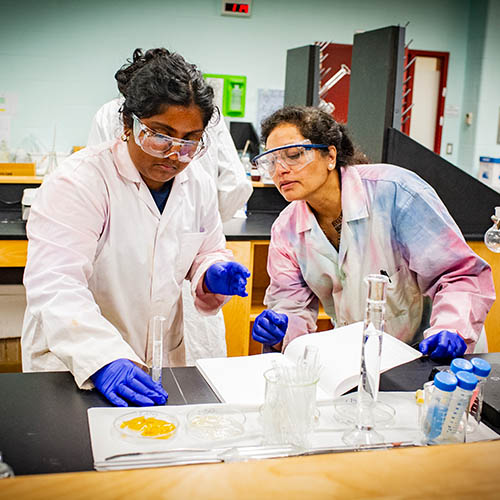
Powered by Science and the Environment
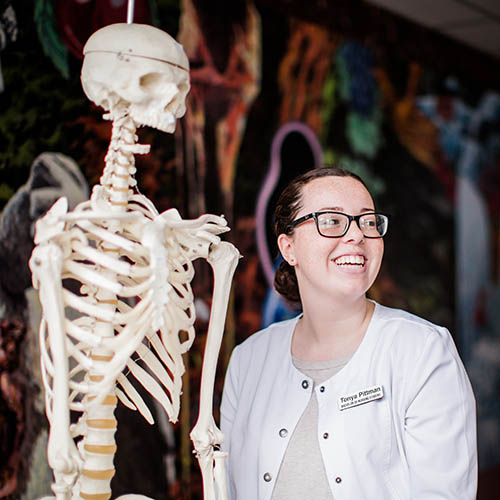
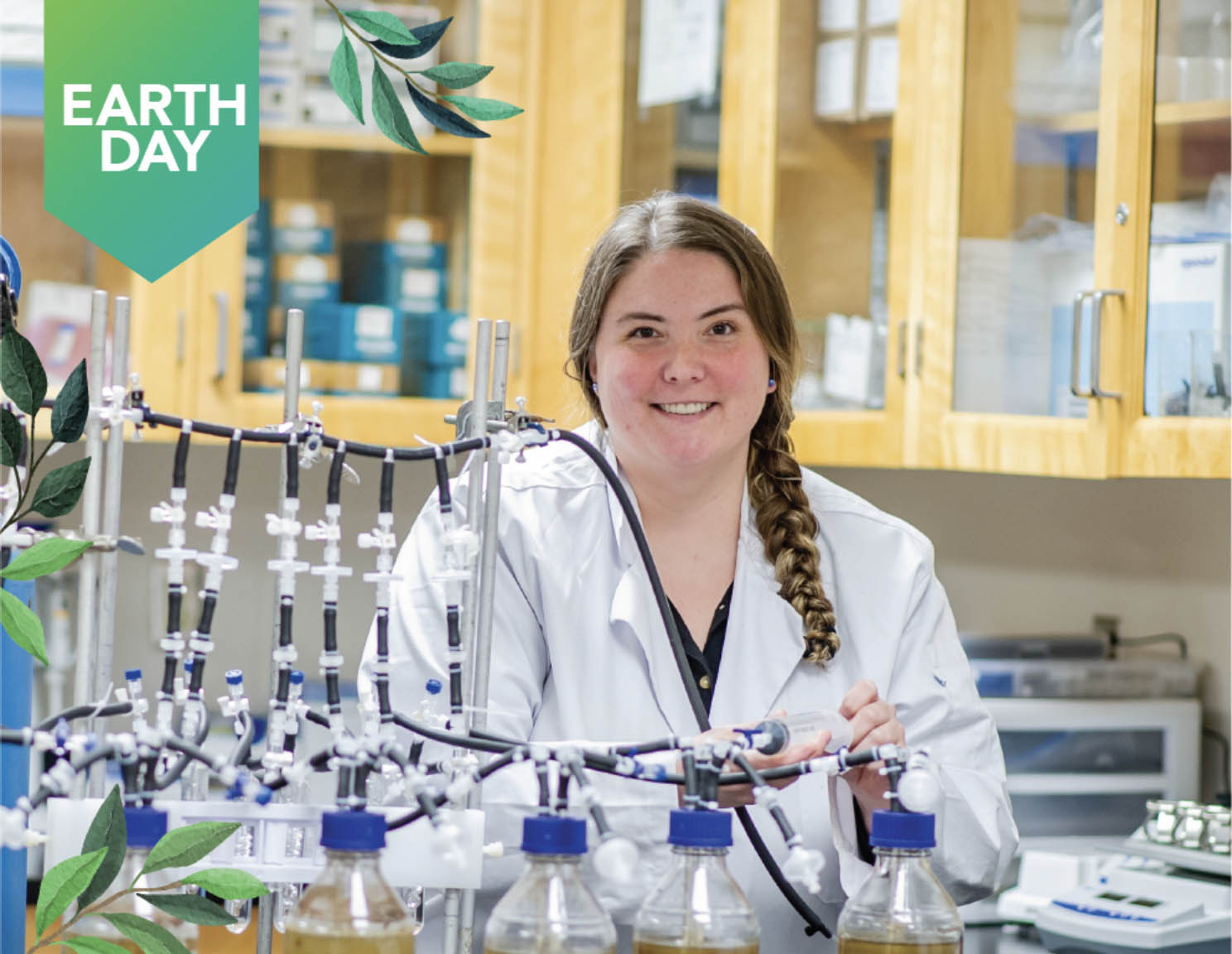
Original story published by Jeff Green, Office of Research.
To mark Earth Day on April 22, the Gazette is featuring a suite of sustainability-themed stories this week. Keep an eye out for more from April 19-21.
Can seaweed help combat climate change?
That's the question a Memorial researcher is trying to answer.
Dr. Christina Smeaton (B.Sc.'04) assistant professor, School of Science and the Environment, Grenfell Campus, is the latest recipient of the Terra Nova Young Innovator Award, valued at $50,000.
"For this particular project, and in collaboration with Fogo Island's Shorefast charity and a very accomplished gardener, Denzil Reid, who is from Miles Cove, we will determine if implementing the long-standing tradition of adding seaweed to soils as a fertilizer offers the added advantage of decreasing the amount of greenhouse gases released to the atmosphere," said Dr. Smeaton, who joined Grenfell in 2019.
For generations, seaweed has been used in gardens and farms across Newfoundland and Labrador.
It improves the soil when it comes to moisture retention and structure. It also provides nutrients and chemicals to help protect plants against disease and pests.
"My research lays at the intersection between microbiology, chemistry and earth sciences." — Dr. Christina Smeaton
Dr. Smeaton says recent studies show that seaweed contains the chemical bromoform which, when fed to cows, stops the production of the powerful greenhouse gas methane.
The same micro-organisms responsible for producing methane in the stomachs of cows are found in soils where methane is controlled by soil environmental conditions, such as water content.
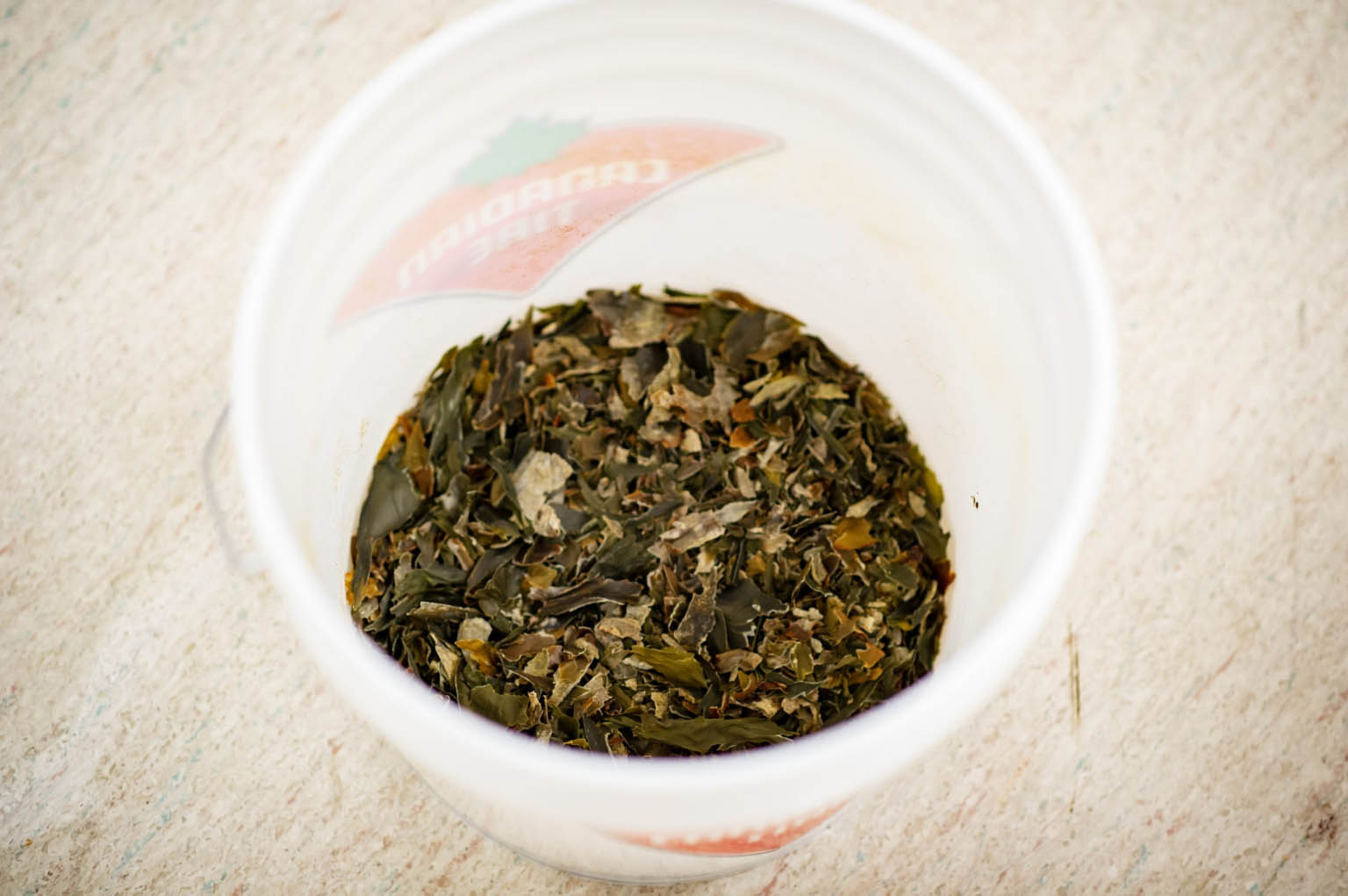
Dried and mulched sugar kelp from Fogo Island used in experiments. Photo: Lori Lee Pike.
Dr. Smeaton and her team will measure the amount of bromoform in local seaweeds and conduct laboratory experiments to determine the effect of adding seaweed to soils on greenhouse gas emissions.
"I am a biogeochemist, which means that my research lays at the intersection between microbiology, chemistry and earth sciences," she said. "Specifically, I am trying to determine the environmental controls on greenhouse gas emissions such as methane and nitrous oxide from soils."
In the face of a global climate crisis, her project builds on the ingenuity of past generations to innovate for the future.
"In doing so, it addresses the difficult task of developing sustainable agricultural practices, while also tackling Canada's goal of reducing total greenhouse gas emissions by 30 per cent by 2030," she noted.
"The knowledge and insights in this research may advance the ability of coastal Canadian food producers, both commercial and non-commercial, to mitigate climate change while also offering the co-benefits of improved environmental health, human health and food security."
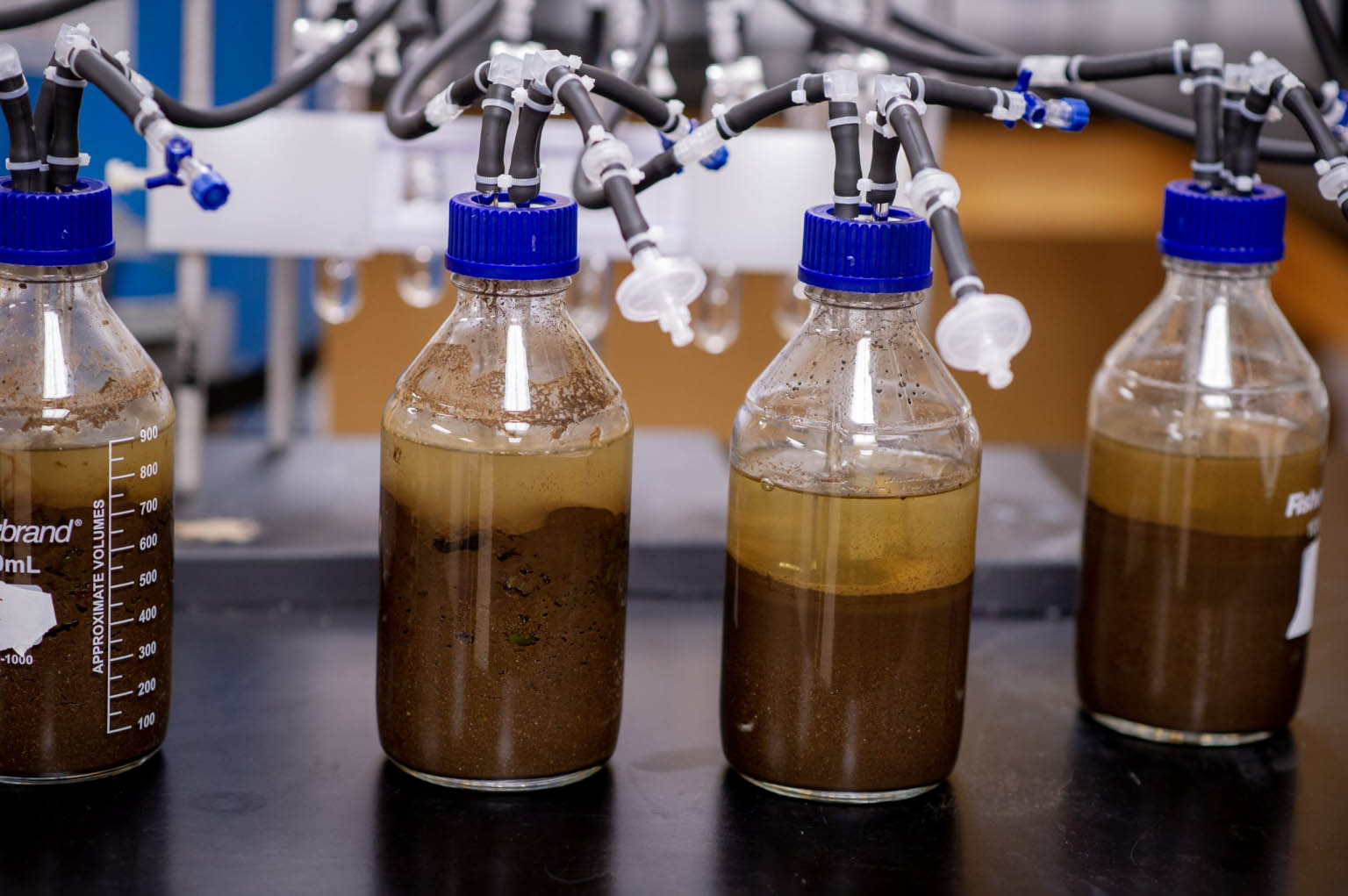
The two bioreactors on the left contain sugar kelp applied at traditional application rates and mixed with soil and water while the two bioreactors on the right serve as controls and contain only soil and water. Photo: Lori Lee Pike.
Dr. Smeaton is the first researcher based at Grenfell Campus to receive the Terra Nova Young Innovator Award.
It is presented to promising early career faculty members whose research is particularly innovative and whose specific proposal has real potential to make a significant impact on society.
The award is supported through $50,000 in funding from Suncor, on behalf of the partners in the Terra Nova oil field.
Dr. Smeaton says the news is "a bit surreal" since the research she is conducting is in the same laboratory that she used as an undergraduate student at Grenfell.
"It feels like a full circle moment."
On a practical level, the award will help cover the costs for research analyses, equipment, travel and student researchers required to pursue this work.
"This funding will also provide science students with the unique opportunity of participating in community-based research occurring at the interface of history and science," Dr. Smeaton said.
Karen Kelly, general manager operations, Terra Nova, Suncor, says Suncor is excited to support young innovators pursuing novel research ideas.
"One of the most compelling aspects of Dr. Smeaton's research is the idea that a local farming practice used for generations may have significant and widespread benefits," Ms. Kelly said. "On behalf of the Terra Nova partners, we congratulate Dr. Smeaton."
Dr. Tana Allen, acting vice-president (research), says the support from Suncor and its partners allows young scholars, such as Dr. Smeaton, the opportunity to expand and enhance their research activities.
"The Terra Nova Young Innovator Award offers a degree of stability for early-career researchers as they establish their research programs," she said. "Memorial is grateful to our industry partners for supporting innovators across our campuses. Warm congratulations to Dr. Smeaton on being selected for this honour. I look forward to seeing the outcomes of her research activities."

This year's deadline for the Terra Nova Innovator Award is 5 p.m. on Friday, June 16. Researchers must submit proposals electronically to researchawards@mun.ca.
Please contact your unit's grants facilitator (or, if the unit has no grants facilitator, the person with signing authority for your unit) to confirm if there are earlier, internal deadlines. Internal deadlines must be factored into the timing of the development and submission of applications.
More information about the award, including its updated terms of reference and important information for applicants, is available online.